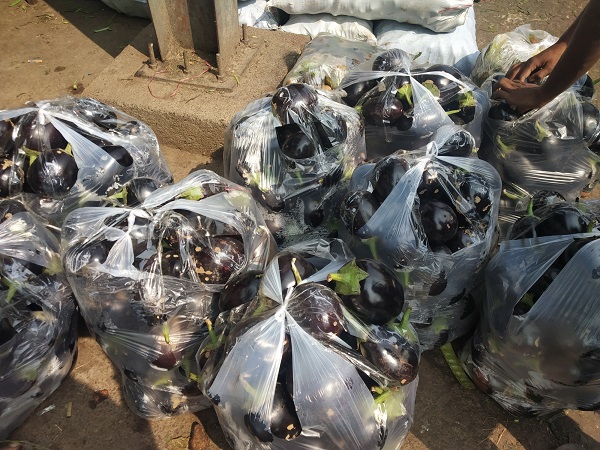New Delhi, (Asian independent) The lack of approval of genetically modified (GM) crops since the introduction of Bt cotton in 2002 signals a dormant regulatory environment that fails to consider the benefits reaped by modern technologies to enhance India’s agriculture sector, said a report released on Friday.
The trajectories of GM crops such as Bt brinjal and GM mustard in the regulatory pipeline suggest that the scientific assessment of GM crops has been highly susceptible to the ebbs and flows of political discourse.
“Conflict of interest in the regulatory set-up acts as a hindrance in forming a transparent, objective and science-based mechanism for GM approval apart from lack of infrastructural support and the independence of the apex regulator form some of the major bottlenecks in the approval process,” the report by advocacy think-tank that works on policy issues, Centre for Civil Society (CCS), said.
Citing double earnings by Maharashtra and Gujarat farmers who adopted Bt cotton, a report by a think-tank on Friday claimed there is a scope to see similar success in the adoption of
Bt brinjal, provided regulatory hurdles for GM crops are removed.
Therefore, decoupling politics and ideologically-driven positions from the science on GM is the key if India were to adopt technologies that boost its agricultural ecosystem, which will benefit farmers, consumers and society at large, it said.
Answering skepticism — for example, the perceived unnaturalness of GM crops due to the human intervention of introducing a new gene — has presented the policymakers with an arduous task, one that involves navigating through the sharp GM divide while at the same time embracing innovative technologies that solve pressing obstacles facing India’s agricultural ecosystem, the report added.
In several areas, farmers have continued to protest the restrictions on GM, especially
Bt cotton, most recently in February 2022 at Ahmednagar in Maharashtra, “but the government refuses to budge and gives in to public opinion driven by activists,” the CCS said even as it acknowledged lack of benefits for farmers in rain-fed areas and the uptick in pesticide usage due to increased pest-resistance.
“In both Maharashtra and Gujarat, farmers have been able to at least double their harvest and cut costs by planting Bt cotton. There is scope to see similar success in the adoption of Bt brinjal. But given the political turmoil and the anti-GM push in approving GM crops in India, certainty for farmers in the legality of GM seems to be a far cry away. An independent regulator that is able to take decisions without being swayed by politicians or activists is one way out of this,” the report recommended.
The report, however, does not find any mention of farmers’ suicide from Maharashtra, mainly from the cotton belt.








